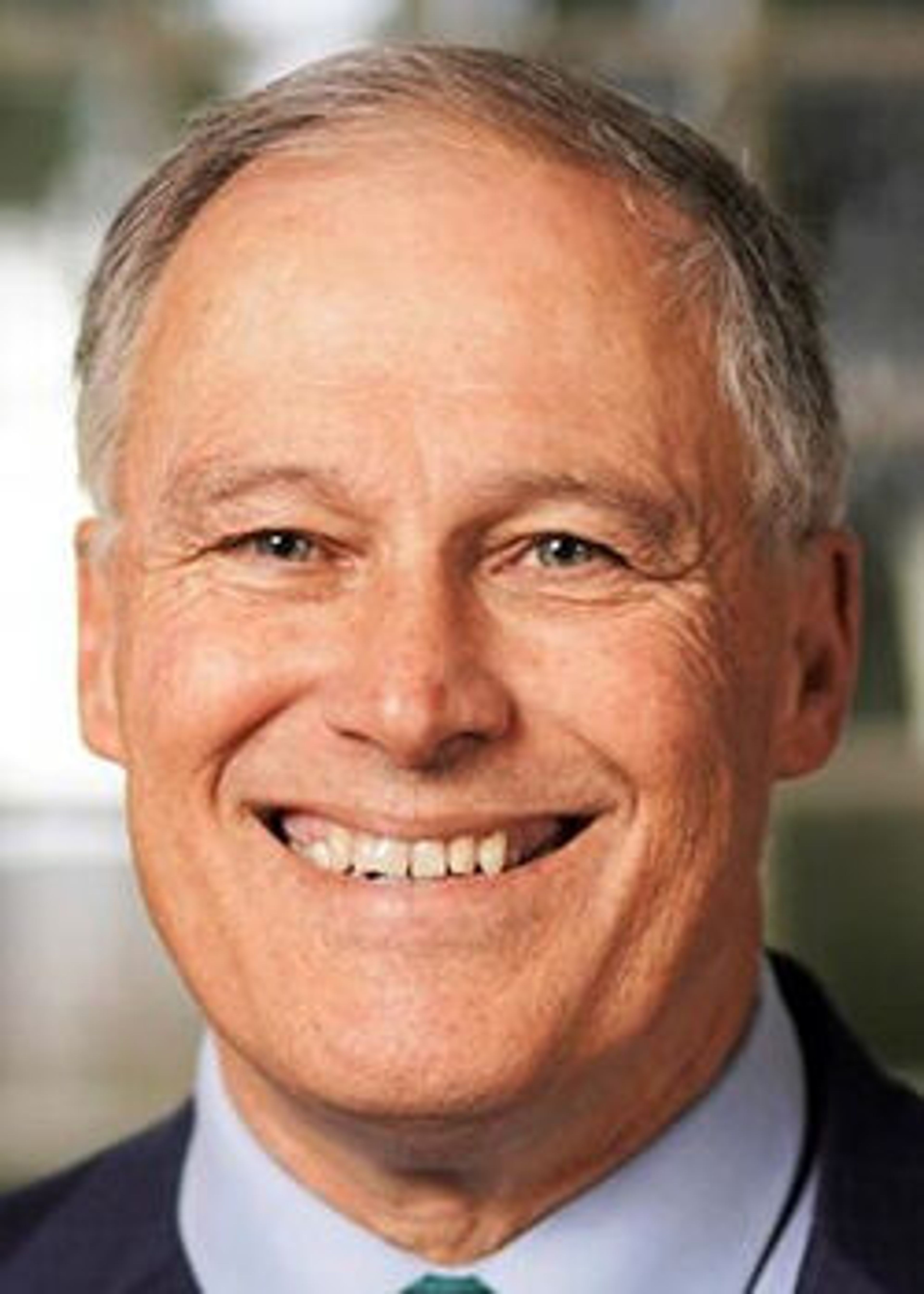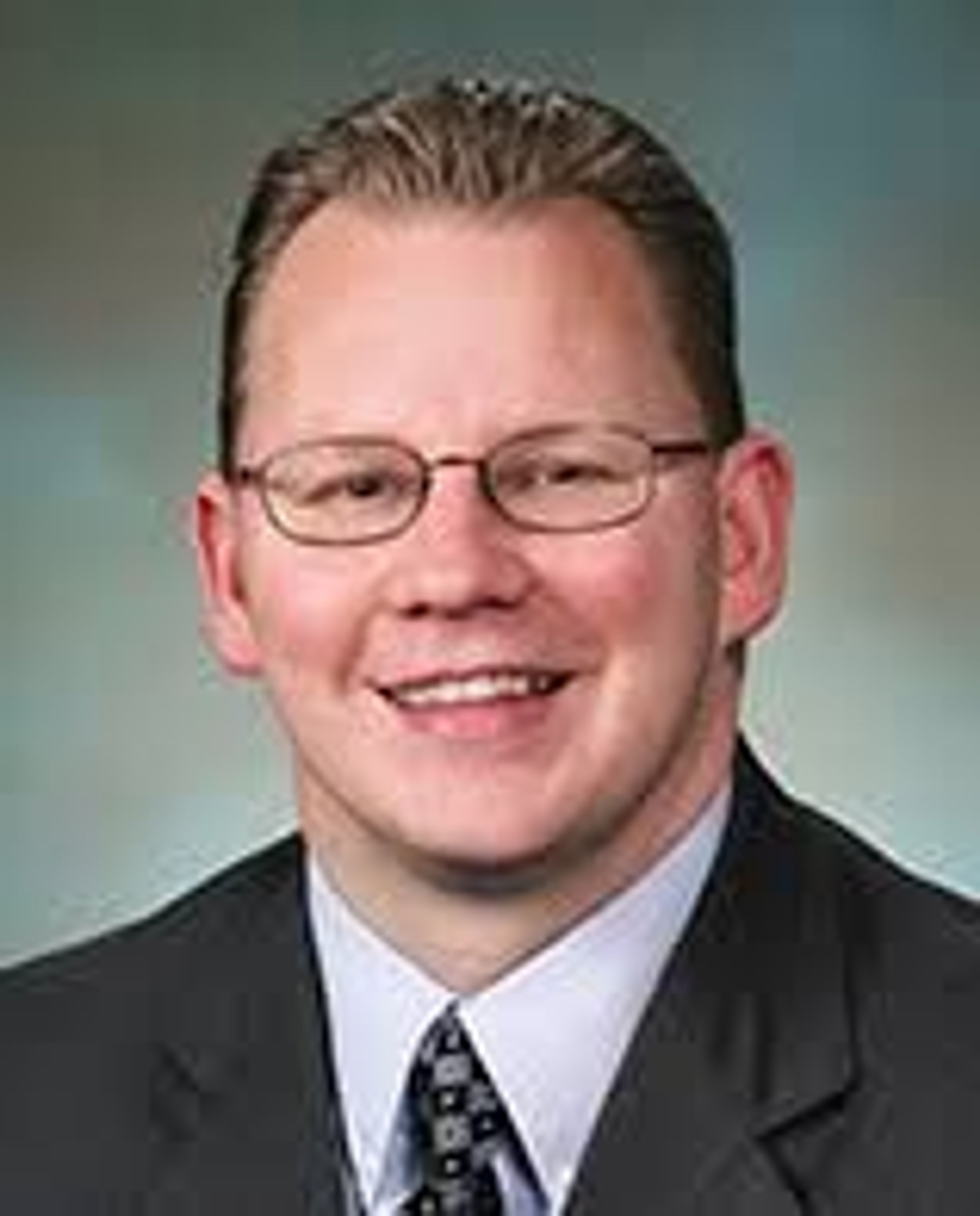Tie vote kills Idaho teacher budget
Objections to funds for alleged ideological teachings send $1.1 billion plan back to panel
House Republicans killed a $1.1 billion budget for Idaho public school teachers on a 34-34 tie vote Tuesday in Boise, continuing their session-long efforts to cleanse Idaho’s education system of objectionable ideologies.
Similar concerns regarding “social justice” and “critical race theory” teachings caused the downfall of the fiscal 2022 higher education budget last week.
On Tuesday, general fund support for public school teachers was targeted because $9 million of the $1.1 billion budget would pay for professional development services that allegedly include training in social justice.
“That’s what we’re talking about,” said Rep. Priscilla Giddings, R-White Bird, who has been leading the charge on this issue.
“We love our teachers. Let’s keep everything else (in the budget),” Giddings said. “In fact, we don’t mind that $9 million. The problem is, in that teacher development what’s being required is for teachers to undergo specific training in critical theory. That needs to stop.”
She went on to suggest that any discussion of critical race theory violated Idaho’s constitutional prohibition against the use of “books, papers, tracts or documents of a political character” in public schools.
“That’s where the argument is,” Giddings said. “Critical theory is political in nature, and it violates our Constitution. So how are we as a Legislature going to stop that violation? We have to do it with the budget. We have to add intent language specifically saying critical theory will not be advocated for by our teachers.”
The teachers’ division budget is the largest of seven separate budgets that make up the $2.65 billion fiscal 2022 public schools spending plan. It includes funding for the career ladder teacher pay plan, as well as funding for master educator and leadership premiums.
House lawmakers debated the bill for more than an hour.
Rep. John McCrostie, D-Boise, one of several teachers serving in the House, said the entire discussion left his head spinning.
Having taught in Idaho for 18 years, he said, last year ranked as one of the toughest because he had to transform his entire curricula to teach online.
“I don’t have time to teach critical race theory. Are you kidding me?” McCrostie said. “I’m have to prepare my content for the next day. This whole discussion about critical race theory coming into the classroom? That’s nuts.”
Rep. Matthew Bundy, R-Mountain Home, a retired U.S. Air Force officer who teaches American government at Mountain Home High School, said the professional development training he’s received focused on things like student literacy, best practices, how to teach “blended” online/in-person classes and college preparation.
“Those are the type of things we do in professional development,” he said. “It’s what it sounds like: It’s how do we be better teachers. And who chooses that training? The school board. They have oversight.”
Rep. Barbara Ehardt, R-Idaho Falls, said killing the bill simply gives the budget committee an opportunity to rewrite the public school budget and include intent language prohibiting the use of public funds for any training or activities related to social justice and critical race theory. It isn’t meant to defund or be disrespectful of teachers in any way.
“That’s not what this is about,” she said. “What we’re talking about is using every tool in the toolbox to make sure we’re (protecting) children. The financial part of this budget won’t change.”
Rep. Linda Hartgen, R-Twin Falls, said whether that’s the intent or not, “teachers will take this (killing the budget) as a slap in the face.”
Hartgen said she asked superintendents in her district whether critical race theory was being taught in local classrooms and they had to Google it to find out what it meant.
“I trust our local school boards,” she said. “We don’t need to add intent language to the budget. If we truly have an issue with this, take it up in the education committee.”
Rep. Ryan Kerby, R-New Plymouth, agreed.
A retired school superintendent, Kerby said questions about teacher training and classroom curricula are policy issues that need to be addressed by the House Education Committee, not slipped into a budget bill without any opportunity for public testimony.
“This has been a really tough year for teachers,” he said. “We need to tell educators in Idaho that we appreciate them. We have over 18,000 teachers who really worked their tails off, and we need to say thank you.”
Reps. Mike Kingsley and Aaron von Ehlinger, both R-Lewiston, joined Giddings in opposing the teachers budget. Reps. Brandon Mitchell, R-Moscow; Caroline Troy, R-Genesee; and Charlie Shepherd, R-Pollock, all voted in favor of the bill.
The measure will now return to the joint budget committee for revision.
The House still has several other public schools budgets to consider, including those for the administrators’ division and for children’s programs. Giddings indicated they also contain funding for social justice programs. It’s unclear if they’ll advance to floor votes or be pulled back to committee.
Either way, it increasingly unlikely that the Legislature will complete its work this week.
Spence may be contacted at bspence@lmtribune.com or (208) 791-9168.








